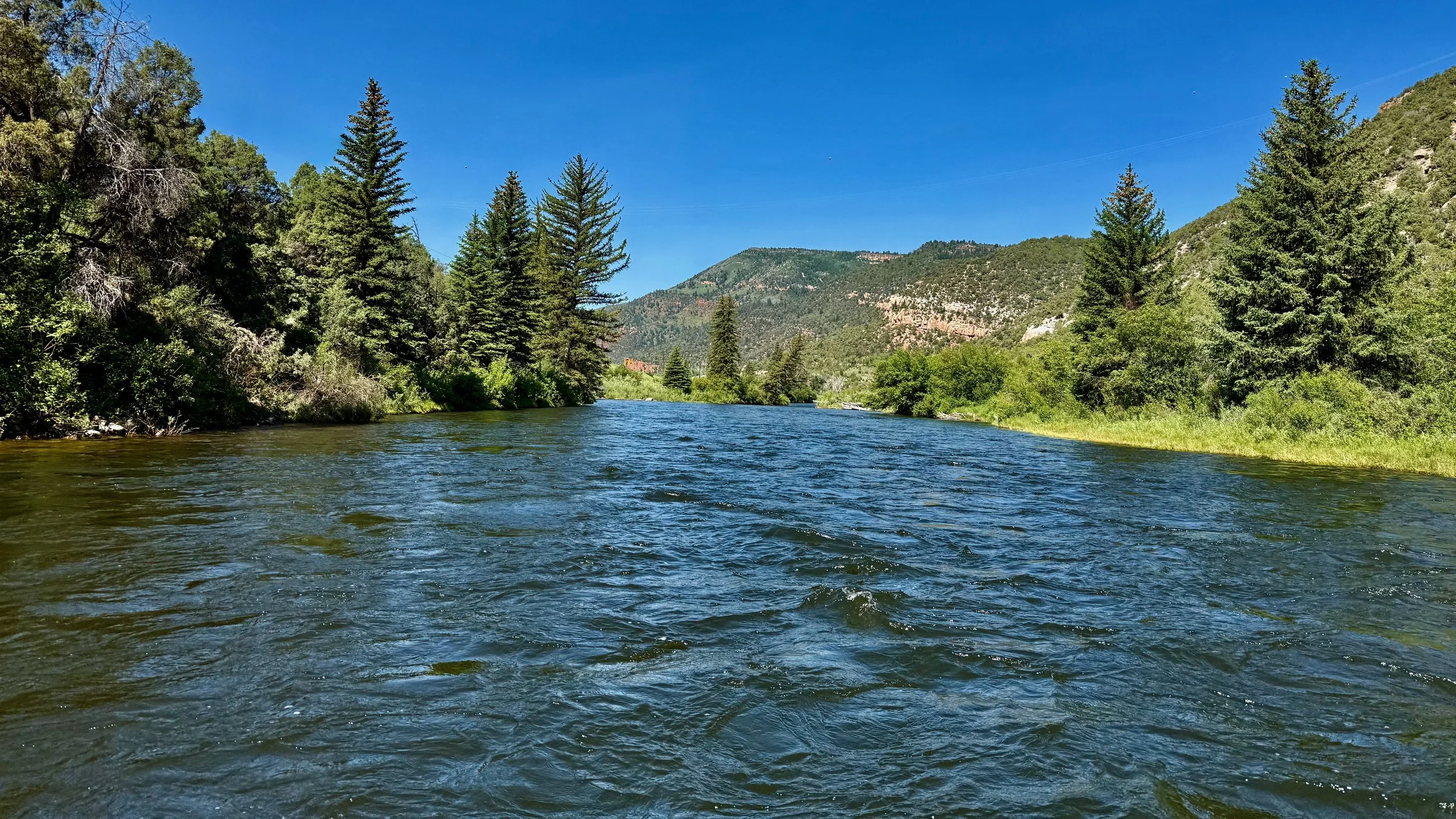Leveraging Your Strengths
Eagle River, Colorado
This past spring, I finally took my neighbor Bob up on an invitation he’d extended more than once: a day of fly fishing on a private stretch of river not far from our homes. Bob had told me the water there was special—quiet, fish-filled, and tucked away just enough to feel like you’re in another world. But what made the day memorable wasn’t the scenery or the fish count. It was Bob.
Bob is in his late seventies, and if you spend even a few minutes with him, you’ll understand that fly fishing isn’t just a hobby—it’s a calling. He’s been fishing rivers and reading water for as long as he can remember. The way some people can walk into a room and sense the mood, Bob can step to a riverbank and know exactly what the fish are doing. He studies the air temperature, the current, the light, the hatch. He knows what flies to use and when. He’s not guessing. He’s mastered it.
But mastery doesn’t mean everything comes easy.
In recent years, Bob’s had some setbacks. The feeling in his hands has mostly faded, making it difficult—sometimes impossible—for him to tie on flies or release fish without assistance. He’s also lost sensation in his feet, which makes his steps slow and uncertain. He uses two walking sticks, more for balance than speed. At a glance, you might not guess this man is one of the most skilled fly fishers around.
But that’s the thing—none of these limitations stop him. Not even close.
That morning, after we parked by the river, I helped Bob into his waders and boots. I carried the gear while he worked his way carefully down a worn path, his sticks tapping against the rocks. Hidden in the brush near the water’s edge, he had stashed a folding camp chair. It’s his secret weapon—a way to sit directly in the river without being pulled by it. I set it up exactly where he pointed, about twenty feet out—the perfect spot. He eased into the chair, rod in hand, and smiled like he was exactly where he was meant to be.
Then he got to work.
He casted with precision. He read the water. He adjusted flies and tactics without overthinking. Over the course of the day, Bob caught fifteen, maybe twenty fish. We moved locations a few times, and each time, he repositioned himself with purpose and intent. At one bend in the river, the wind picked up suddenly—enough that I instinctively ducked my head. Bob didn’t flinch. He just grinned and said, “Bring it on.” And kept casting.
That moment stuck with me.
Here was a man with physical limitations most of us would consider major obstacles. But Bob didn’t dwell on what he couldn’t do. He simply doubled down on what he could. He leveraged his strengths—his deep knowledge of the river, his experience, his love of the sport, his unshakable determination—and let those carry him forward.
That mindset, I realized, applies far beyond the riverbank.
Years ago, when I was building an e-learning company, we faced our own limitations. We were small. We didn’t have a massive course catalog or multilingual offerings. When we went up against the big players in the industry, it would’ve been easy to lead with what we lacked—to apologize for what we couldn’t yet offer.
But instead, we chose to lead with our strengths.
We focused on the quality of what we did have: world-class technology, top-tier instructional design, and a team deeply invested in our clients’ success. We didn’t pretend to be everything to everyone, but we did promise—and deliver—excellence, innovation, and personal service. Over time, we grew. We added more courses. More languages. More clients. But it all started with leveraging the strengths we already had.
That principle has stayed with me, especially when I think about leadership.
Every leader—every person, really—has a unique set of strengths. But when pressure hits or doubt creeps in, it’s easy to get caught up in what’s missing.
“I don’t have that specific knowledge.”
“I haven’t led at that scale.”
“I’m not as good at X or Y.”
Before long, we start playing defense instead of leaning into the gifts that brought us to the table in the first place.
The truth is, your strengths are why you’ve made it this far. The question is: are you using them?
Bob isn’t the strongest at wading rivers anymore, and he can’t tie on his own flies. But that doesn’t stop him from fishing circles around most people. Why? Because he stays focused on what he can do—and he keeps learning, adapting, and loving every moment of it.
So whether you’re leading a team, building a business, navigating a transition, or just trying to do meaningful work, take a page from Bob’s book:
Know your strengths. Use them fully. Let them carry you.
And when the wind picks up?
Smile and say, bring it on!
See you soon,
Brent, your Rivr Guide

